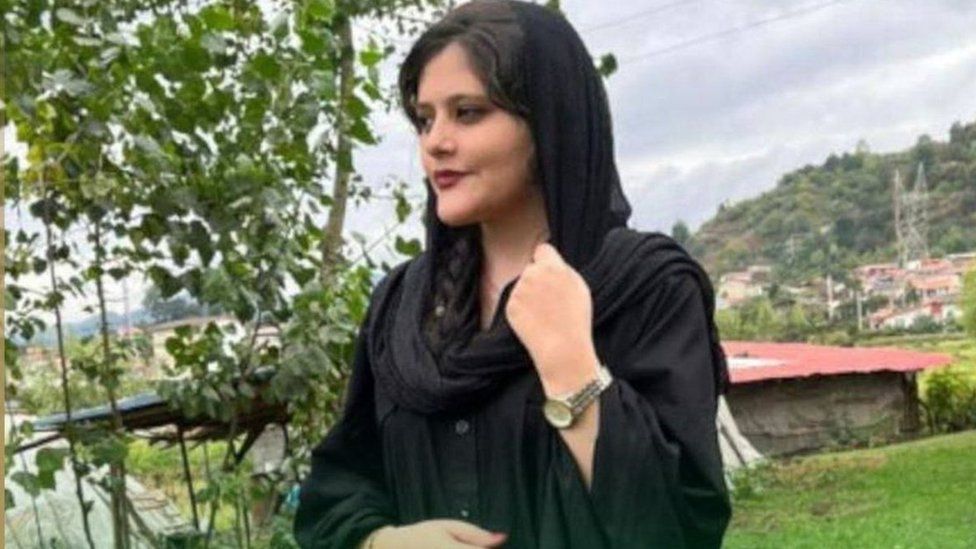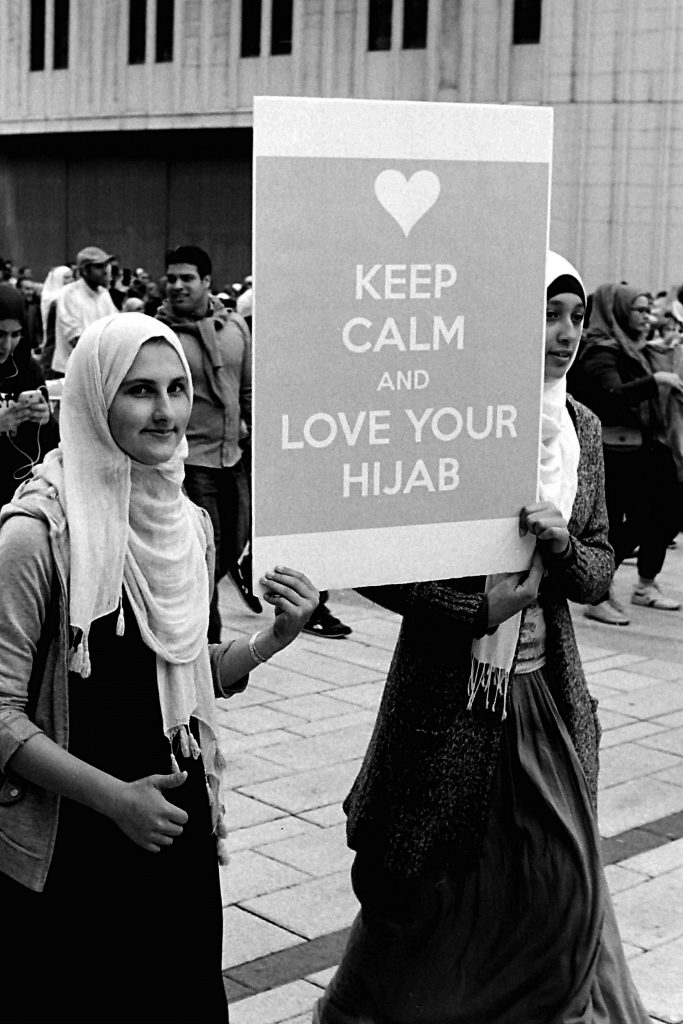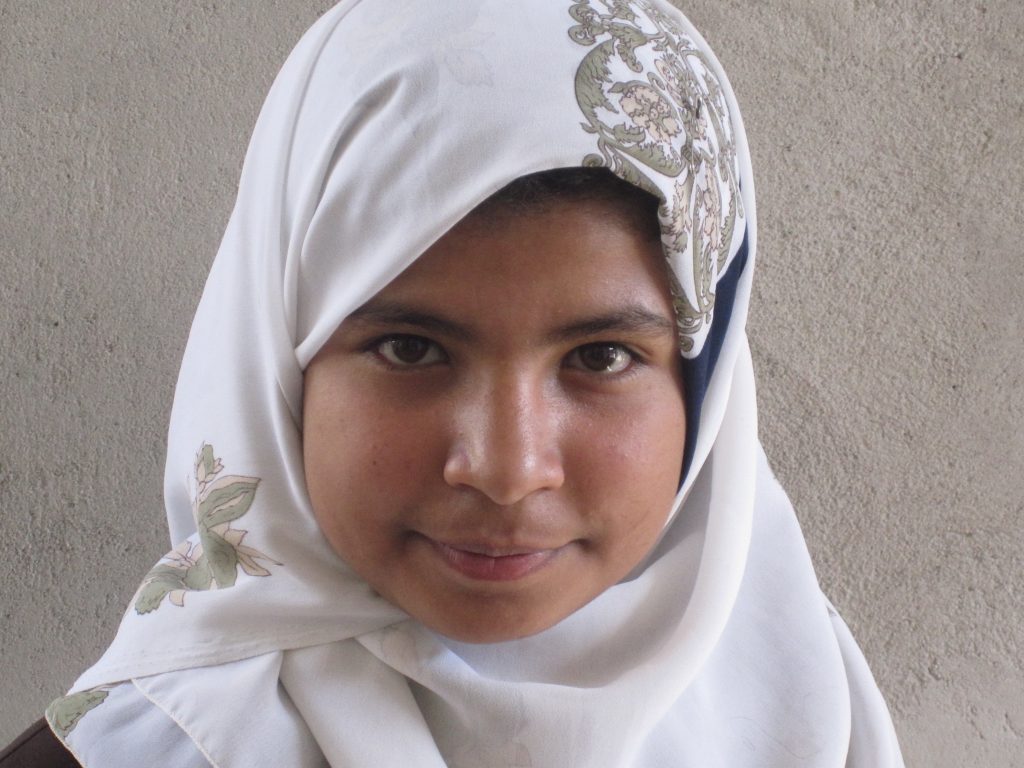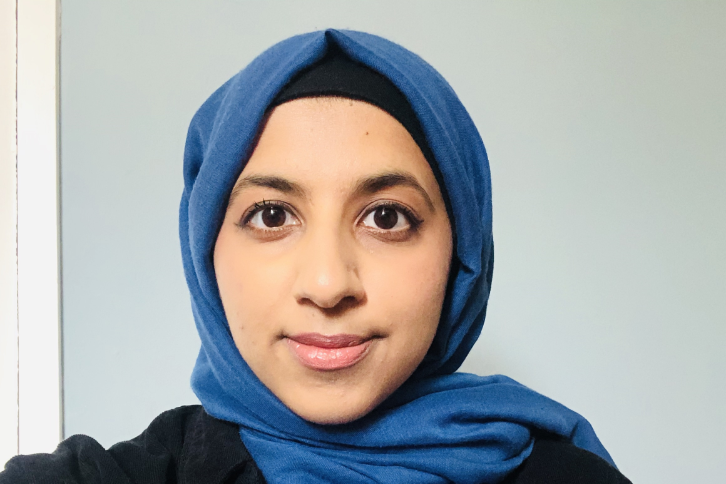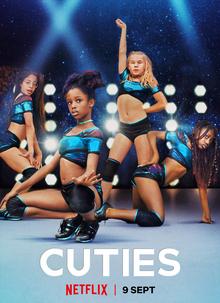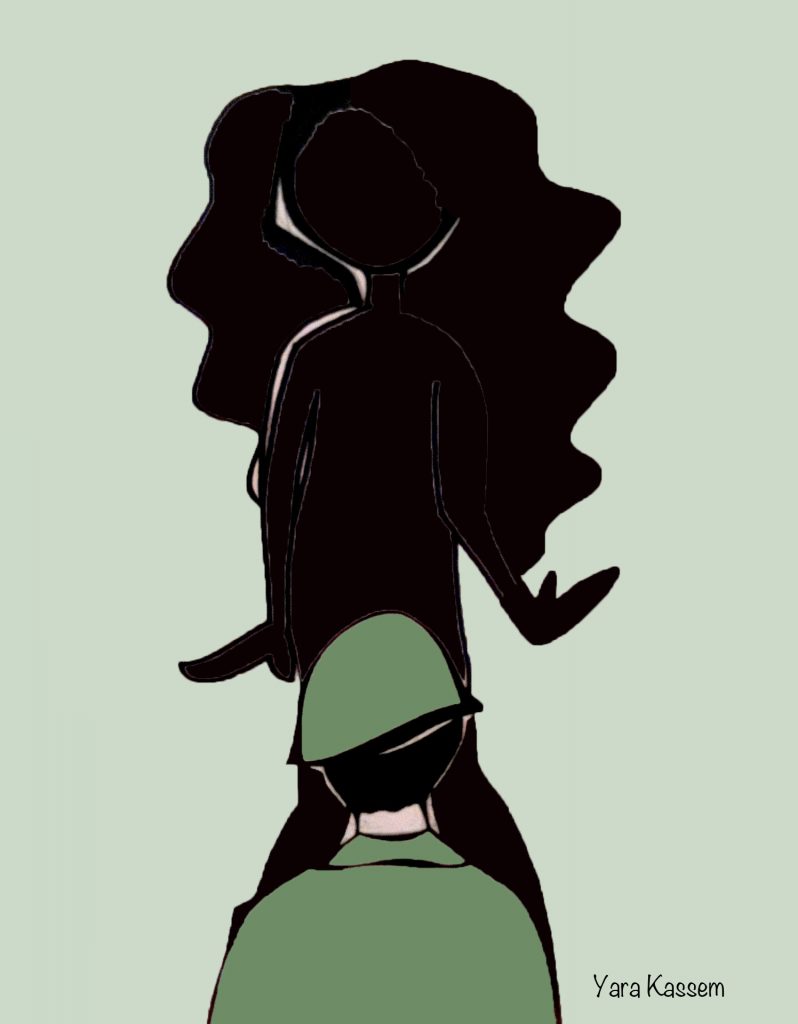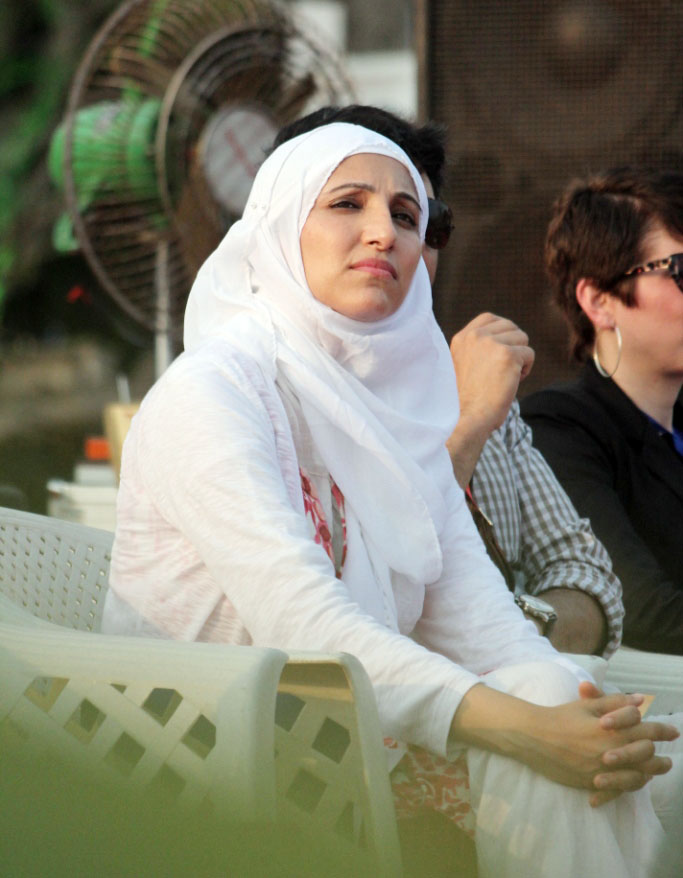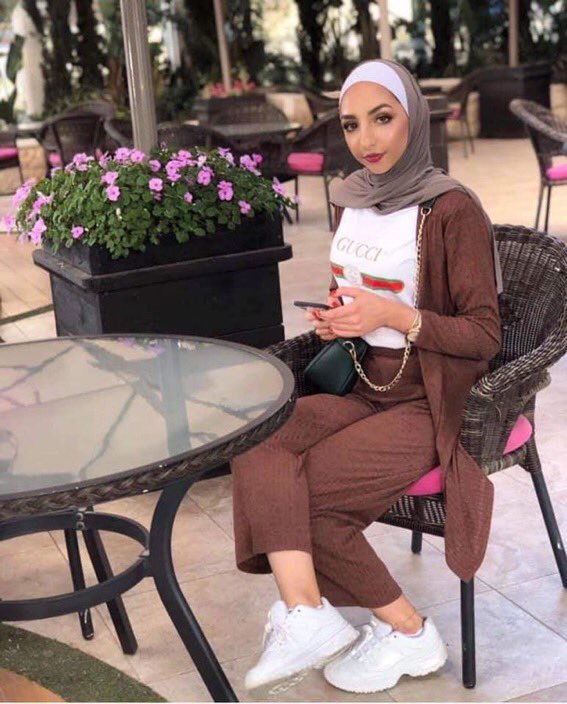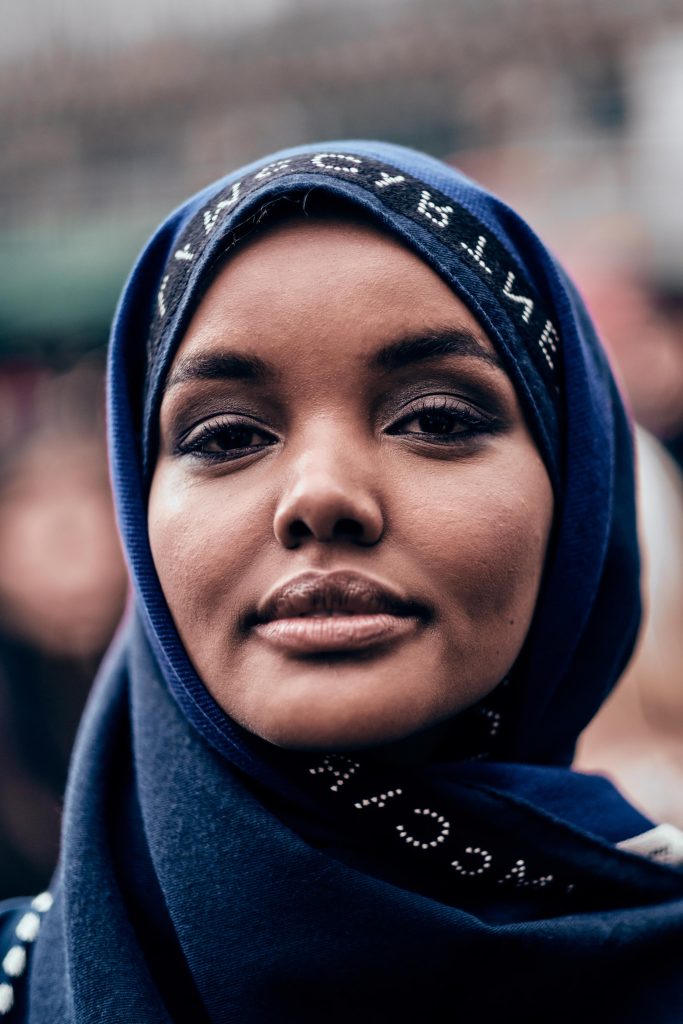By Khadija Khan When 22-year-old Mahsa Amini was visiting family in Tehran on September 13, she had no idea that she would fall foul of Iran’s notorious “morality police”. She was with her brother Kiarash when she was arrested by the regime’s ‘Guidance Patrol’ and transferred to the ‘Moral Security’ agency, for wearing “inappropriate” hijab. Mahsa’s brother was told she would be taken to a detention centre to undergo a “briefing class” and released shortly afterwards. But she never made it. She instead arrived at Kasra Hospital, where she died…
Category: women’s rights
No Hijab Day: What liberals need to know
By Arshia Malik February 1st has been designated as No Hijab Day by liberal, reforming Muslims, as well as atheist/agnostic men and women of Muslim heritage, to counter the World Hijab Day — misleadingly started amidst rising concerns of anti-Muslim bigotry or Muslimphobia in the West by Nazma Khan, a Bangladeshi-American and New York resident. Anti-Muslim bigotry, or Muslimphobia, is a real and rising concern after 9/11 and ought to be addressed. But for non-Muslim feminists, liberals and rationals, it is important to understand the nuances of the debate on…
The UK must ban child marriage or it will undermine its commitment to ending violence against women and girls
By Vareen Ismail At the age of 16, Payzee Mahmod should have been like other teenagers in London: studying for her exams, and deciding if she wanted to go on to university. Instead, her conservative, Kurdish Muslim family married her off to a man who was “so old he was losing his hair”. On the wedding night, she was trapped in a hotel room with her husband, a stranger nearly twice her age who started to make violent sexual advances. She locked herself in the bathroom, called her…
The religious misogyny behind Imran Khan’s remarks on rape
By Khadija Khan Imran Khan is no stranger to controversy. Over the years, the Pakistani prime minister has come under fire for making a number of ill-judged comments that have sparked a backlash. During a recent question-and-answer interview with the public on live television, the former cricket captain was asked what steps his government had taken to prevent sexual abuse. After denouncing crimes against women and children, he claimed sexual violence was a result of “increasing obscenity”, and a product of India, the west and Hollywood movies. The prime…
The Muslim Council of Britain finally has a female leader – but there’s a long way to go towards equality
By Khadija Khan A historic occasion has been marked in the British Muslim community. Zara Mohammed, a 29-year-old Glaswegian, became the first woman to be elected as secretary-general of the Muslim Council of Britain (MCB). The news was met with a lot of approval, particularly by women, and seen as a step in the right direction towards inspiring other Muslim women to take leadership roles. It was all going well for Ms Mohammed, with all the complimentary articles about her in the papers. That is until she was asked…
Cuties: Netflix’s controversial film and the child exploitation that we don’t discuss
By Khadija Khan The Netflix film Cuties, directed by Franco-Senegalese Filmmaker Maïmouna Doucouré, has caused a lot of controversy. The coming-of-age movie shows very young girls in France dressed inappropriately for their age and performing highly sexualised dance routines. As a result, there have been calls for Netflix to ban the movie; Doucouré has also received death threats for having made such a film. In Cuties (‘Mignonnes’ in French), we see 11-year-old Amy, a lonely and alienated French girl of Senegalese origin, who is caught between her own immigrant…
Virginity: losing my most ‘valuable’ asset
By Reema They say love is a beautiful thing. For many women in Saudi Arabia, that just isn’t the case. We were taught that love is only allowed after marriage. It is also expected that one’s marriage will be arranged by one’s family. That didn’t stop us, however, from searching for love. You just had to know how to keep it a secret. Like many girls, I had always dreamt of finding love. And I did find love—or so I thought. I had a secret boyfriend, as a lot of…
Naz Shah and Salma Yaqoob: two sides of the same coin?
By Khadija Khan The row between Labour shadow minister Naz Shah and prospective candidate for West Midlands Metro Mayor Salma Yaqoob reflects the abominable situations within Muslim communities, where women have to grapple with a doubled-edged sword in order to get to positions of power. It is unfathomable how difficult it is for women of Muslim heritage to excel when men are disproportionately in top positions, and some women try to put down women also of Muslim heritage through smears and mudslinging. Shah accused Yaqoob of being unfit to be a Labour candidate…
Israa Gharib’s ‘honour killing’ should make us examine the religious sources and the cultures that embolden misogyny
By Khadija Khan Israa Gharib, a 21 year old Palestinian woman from the Bethlehem area, was purportedly murdered in August in an “honour killing”. Gharib, a make-up artist, was reportedly killed at the hands of her relatives for merely posting a picture on Instagram with her soon-to-be fiancé. Three of Israa’s relatives have now been charged and others who also played a part in her death will also be prosecuted. The young woman’s murder has once against revealed the problems in conservative Muslim societies, where honour killings are prevalent and…
Promoting a toxic modesty culture does a disservice to Muslim women
By Khadija Khan US Congresswoman Ilhan Omar, a Somali-American, recently said in a Vogue magazine interview: “To me, the hijab means power, liberation, beauty, and resistance.” The debate around modesty culture has a great sway on how it is perceived in different cultures. Most commonly it is associated with the oppression of women in conservative societies. It is rooted in religious and cultural mores to control women’s bodily autonomy, restraining a woman’s sexuality in order to rid society of moral depravity that may provoke male arousal. This modest way of…

